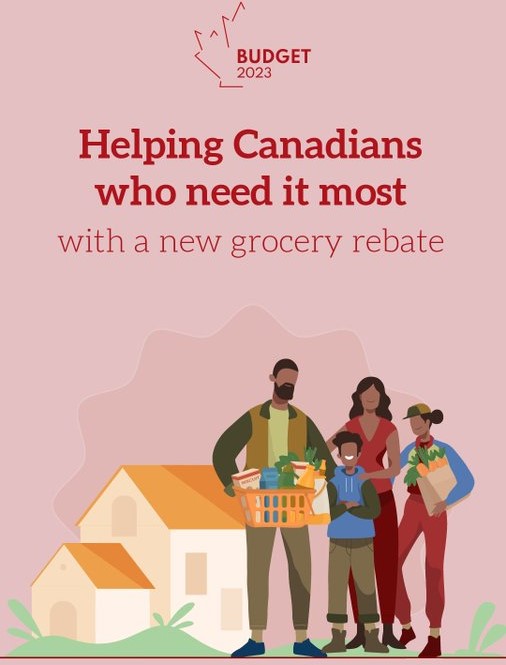Canada's regulation to provide new grocery rebate receives Royal Assent

Ottawa/IBNS: Royal Assent has been granted to Canada’s Bill C-46, the legislation to provide new grocery rebate and strengthen public health care, a news release has said.
“It is excellent news for Canadians that Bill C-46 received Royal Assent today, following unanimous approval by the House of Commons just a few weeks ago,” said Chrystia Freeland, Deputy Prime Minister and Minister of Finance.
This legislation would not only facilitate new inflation relief to the Canadians who need it most through the new grocery rebate, it will also strengthen public health care with a $2 billion Canada Health Transfer (CHT) top-up to support pediatric hospitals and emergency rooms and help reduce backlogs and wait times.
The targeted inflation relief for 11 million low- and modest-income Canadians and families who need it most would be delivered through the new one-time grocery rebate, first introduced in Budget 2023, with up to an extra $467 for eligible couples with two children; up to an extra $234 for single Canadians without children; and an extra $225 for seniors, on average.
Eligible Canadians would receive the grocery rebate on July 5, 2023, by direct deposit or cheque through the Canada Revenue Agency.
The previously announced $2 billion CHT top-up would be delivered by The Cost of Living Act, which would facilitate delivery of high quality and timely health care to all Canadian provinces and territories to help alleviate immediate pressures in health care systems across the country.
In addition to the previous CHT top-ups totaling $6.5 billion provided throughout the pandemic, this additional $2 billion CHT top-up is part of the federal government’s $198.3 billion plan to improve health care for Canadians.
Provinces and territories are expected to improve how health information is collected, shared, used, and reported to Canadians to help manage public health emergencies and deliver better health outcomes, and not to use any of this funding to divert any of their own spending on health care.
(Reporting by Asha Bajaj)



